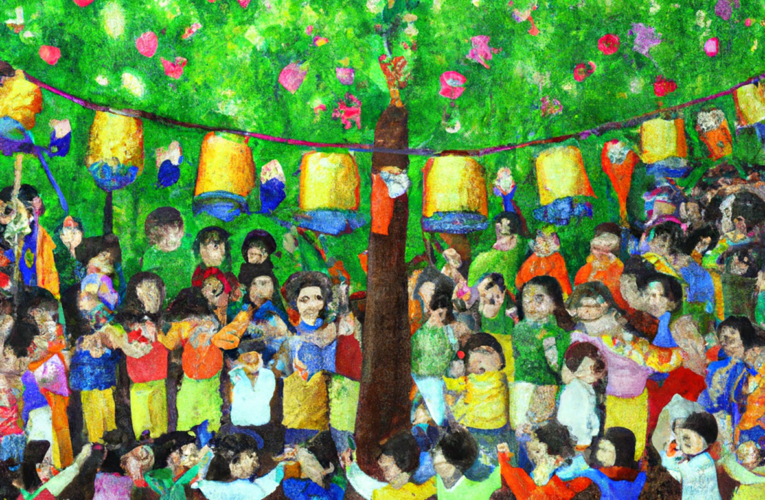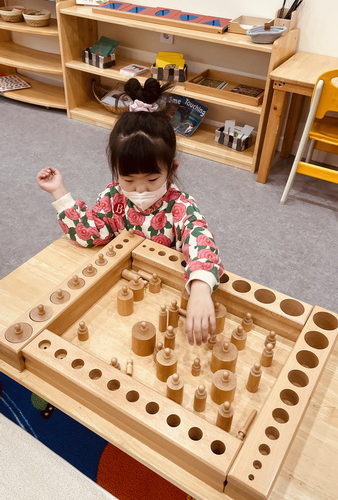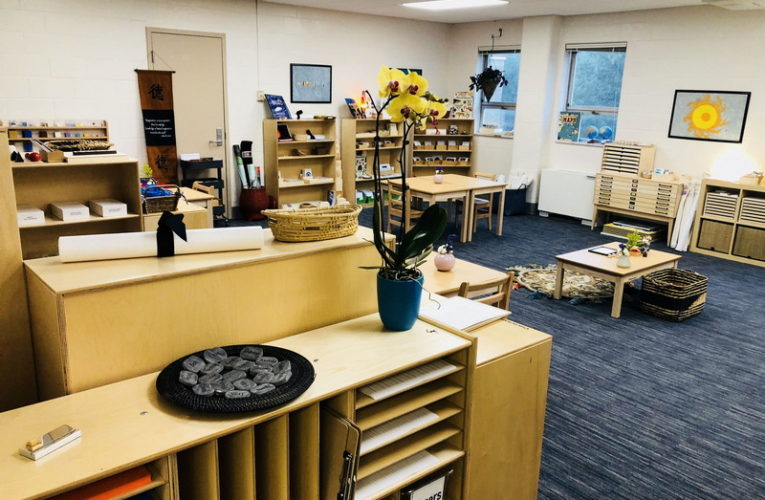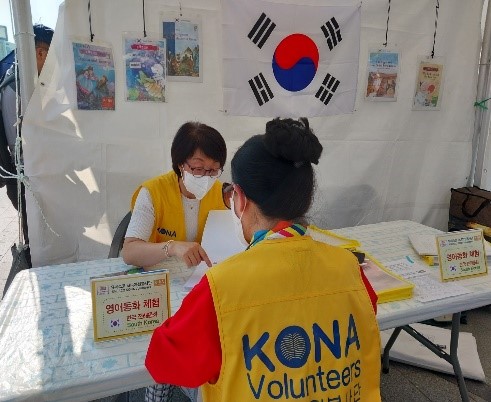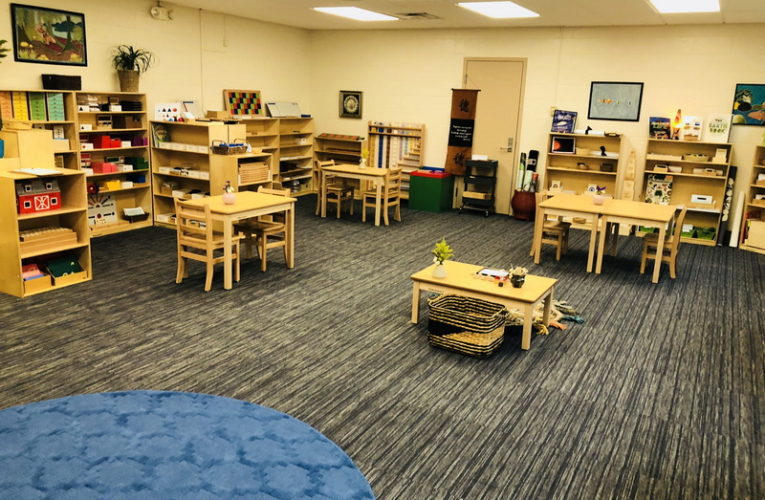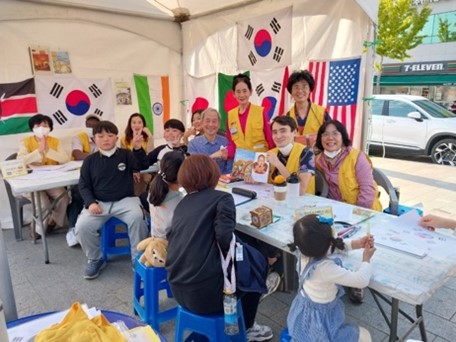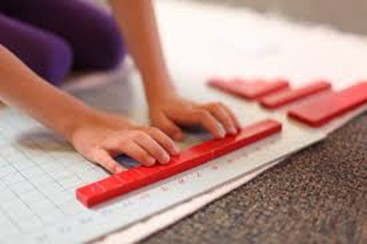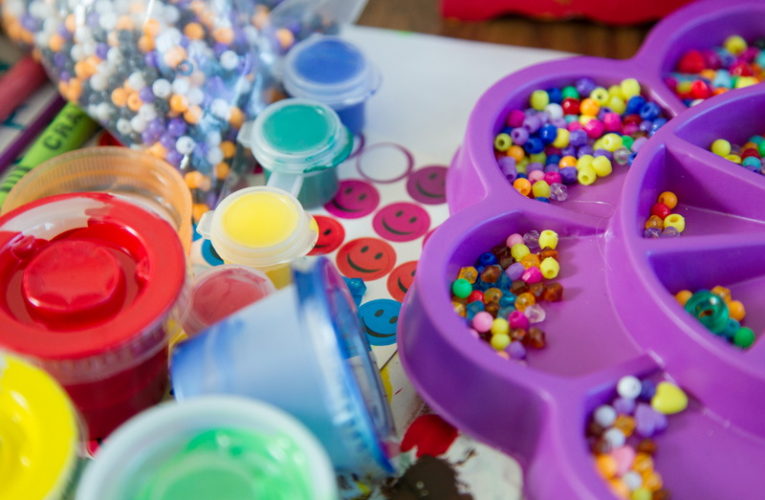The Gwangju News is the first English monthly magazine for the general public in Korea, first published in June 2001 by Gwangju International Center (GIC).
To join our team of volunteers, please send the Managing Editor an e-mail to gwangjunews@gic.or.kr.
For advertising and subscription inquiries, please send an e-mail to gwangjunews@gic.or.kr call us at (+82)-62-226-2733.
Copyright by Gwangju International Center. All rights reserved. No part of this website content covered by this copyright may be reproduced in any form or by any means – graphic, electronic, mechanical, photocopying, recording or otherwise – without the written consent of the publisher.







